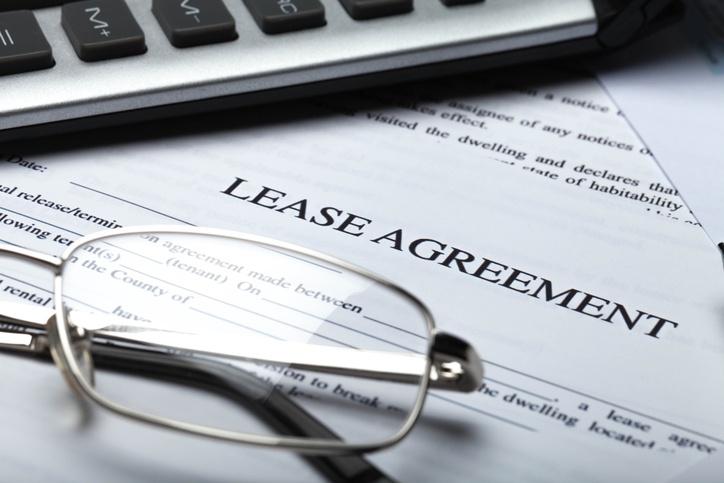Five Mistakes Made When Entering into a Lease Agreement

Gain greater flexibility and control over your business by avoiding these five common mistakes often made by business owners and executives when signing a lease agreement.
Do you dread signing a lease agreement? Most business owners do. After all, it’s often one of the largest and longest single commitments made in your business.
Many businesses don’t think of commercial real estate as a strategic driver but rather as an expense to be minimized. Entering into a lease agreement isn’t about the real estate, it’s about growing into a thriving and profitable business. Looking at your real estate as an asset that supports your business goals will help you better determine what rates and terms are needed in your lease agreement. Additionally, getting into a lease that supports your overall goals will give you the greatest flexibility and control over your business decisions.
Through our experience we’ve learned five common mistakes business owners and executives often make when entering into a lease agreement.
1. Not Aligning Lease Terms, Conditions, and Rates with Business Goals and Strategies
Failing to align your real estate with your business goals and strategies will negatively impact occupancy costs and cash flow, as well as give you less flexibility and control over your business. We’ve seen businesses with as little as 2,000 square feet of space gain significant operational and financial advantages by taking this approach.
2. Not Understanding the Market
Many business owners and executives search the internet falsely believing they have an understanding of space availability and the going rate. However, while commercial real estate transactional information is readily available on the web, real estate knowledge and how that aligns with your business goals is harder to determine. Understanding the market value of your lease, along with real estate experience and knowledge, will help you align decisions with your short- and long-term business goals.
3. Not Knowing Direct Costs vs. Total Cost of Occupancy
Adding up your annual rent payments, any build-out costs, and the cost of utilities and upkeep will calculate the direct cost of occupancy. However, total cost of occupancy shows all the underlying costs of real estate such as furniture, internet, employee commuting time/gas, and pass-throughs costs. Looking at the total cost of occupancy instead of direct costs only allows you to make a more informed decision in your lease terms and rates.
4. Not Using Capital Properly
Decisions you make about cash and capital will have an impact on your business results and its future. Make good decisions and your business will grow. Make unproductive decisions and your business will become unstable. Having your capital tied up in a bad lease will limit your ability to invest in new software technology or hire experienced managers. Your lease agreement can either hurt or help your business operational and financial goals depending on how it’s negotiated.
5. Not Having a Clear Negotiation Process
Look, we get it, we’re business owners too. Negotiating a lease can be disruptive to business operations, and sometimes can be emotional if you’re in reactive mode. By following steps one through four above, you will have more confidence during the process by understanding your real estate strategy and what you need for your business to succeed. Taking a more proactive stance during negotiation will have less impact on business operations and create less stress.
Commercial real estate is typically one of the largest controllable expense for businesses. The lease agreement you enter will have an impact on your business results. Understanding common mistakes other business owners and executives often make when entering into a lease agreement will help you during your next lease negotiation.
Now you’re better equipped to make sure your lease supports your business goals and strategy. Still feel overwhelmed? You’re not alone. When you’re running a business, you’ve already got a lot on your plate and we’re happy to guide you. Let one of Verity Commercial’s tenant advisors review your current lease agreement.
Or check out The Strategic Real Estate Advantage which is a tool used to quickly assess how you manage commercial real estate.
We’ll provide you with an assessment of your current situation and make recommendations on how to improve your results.
Comments